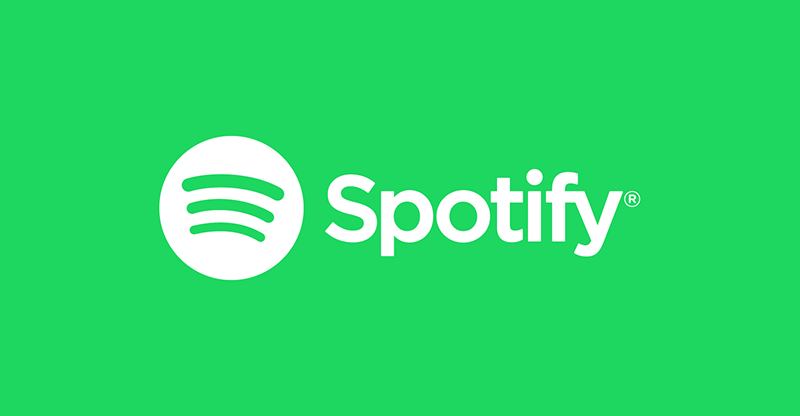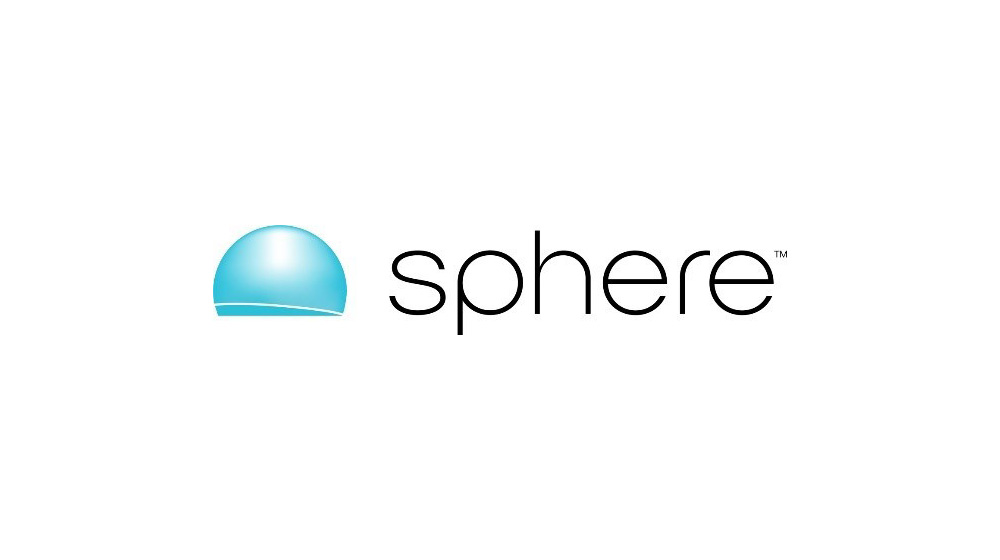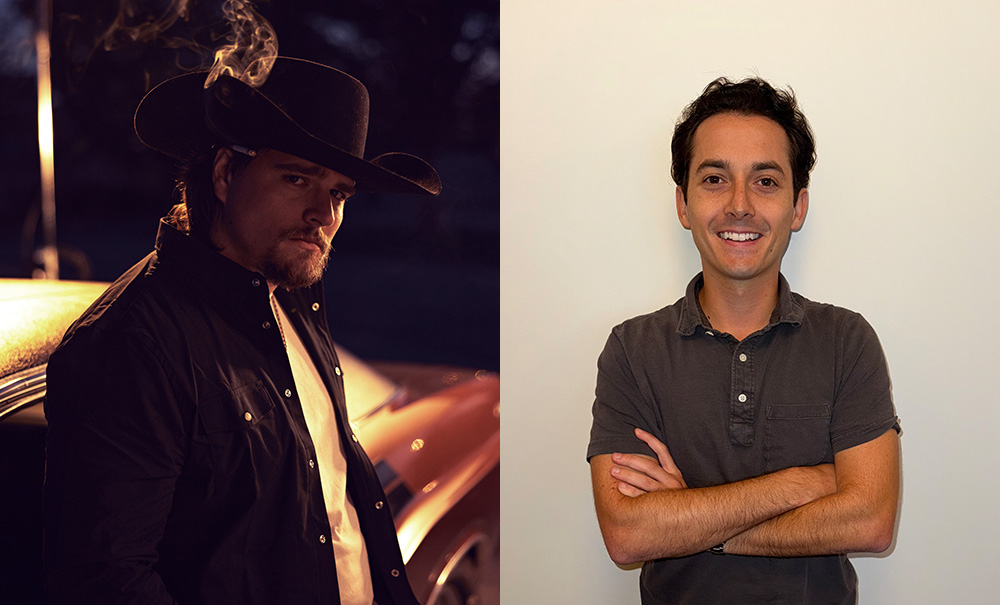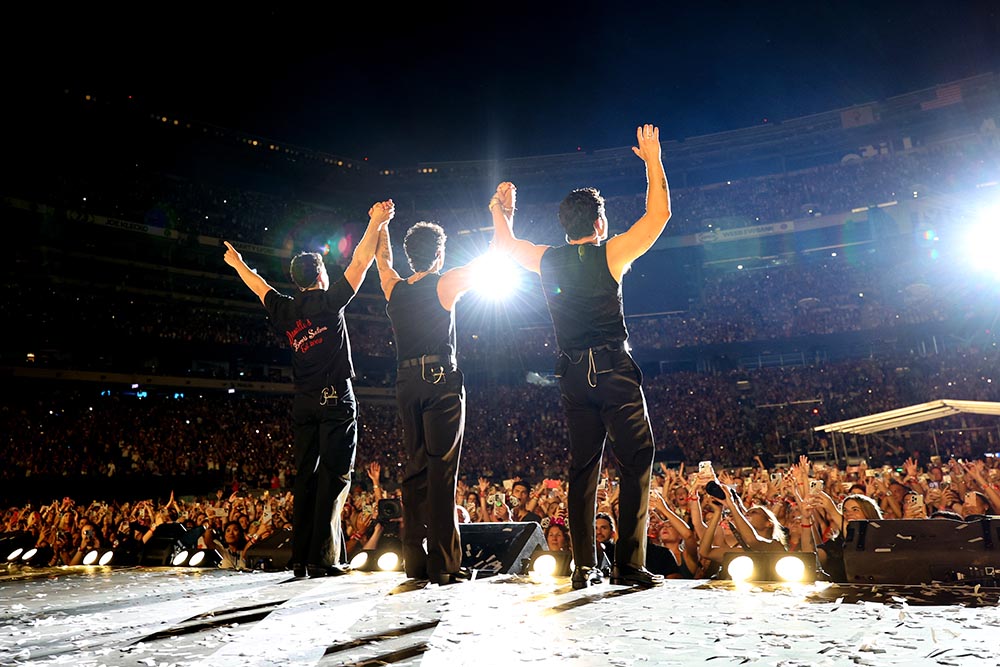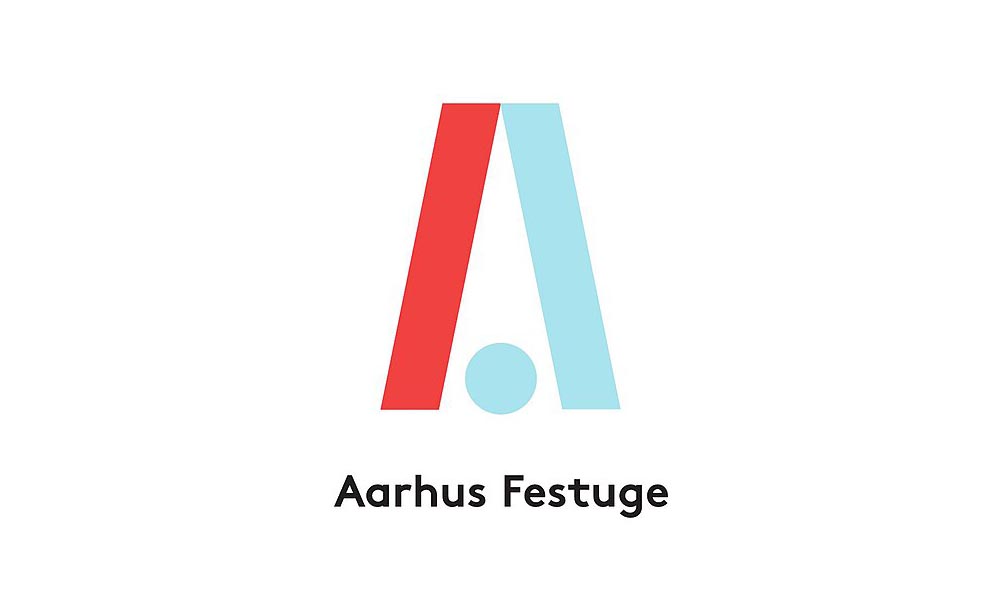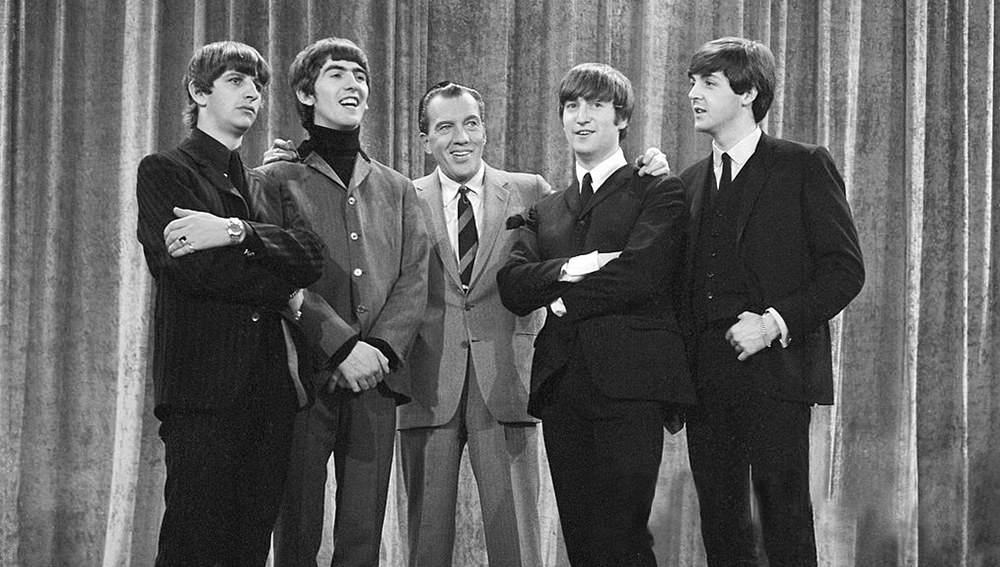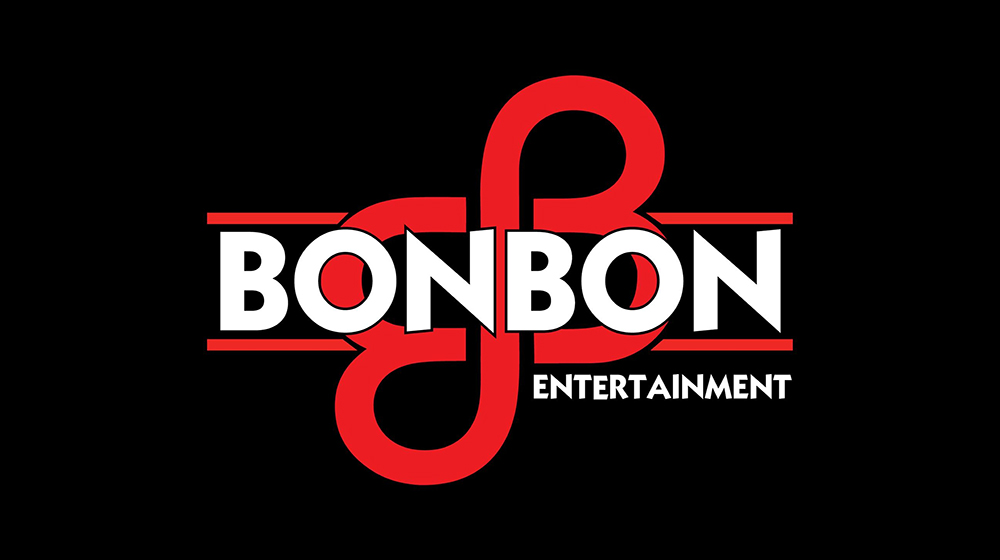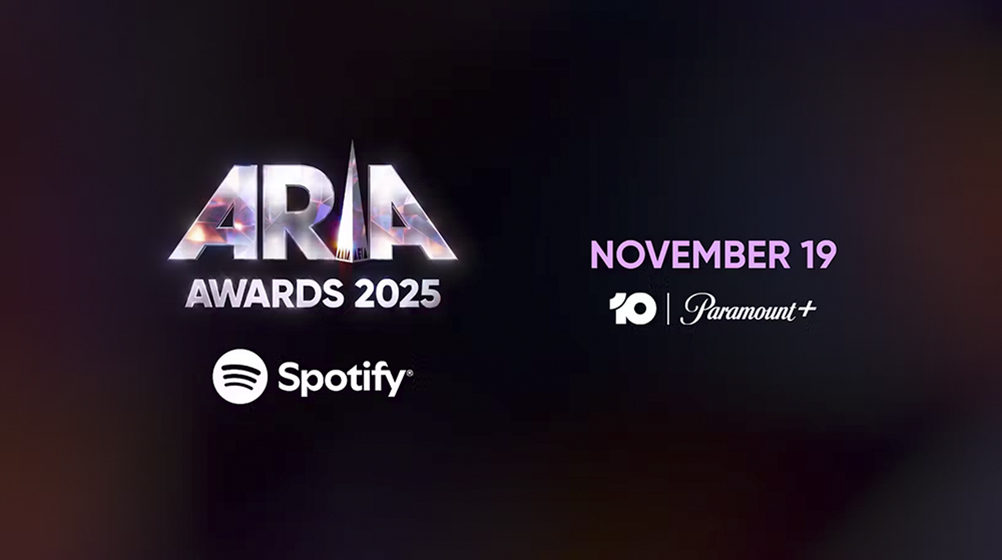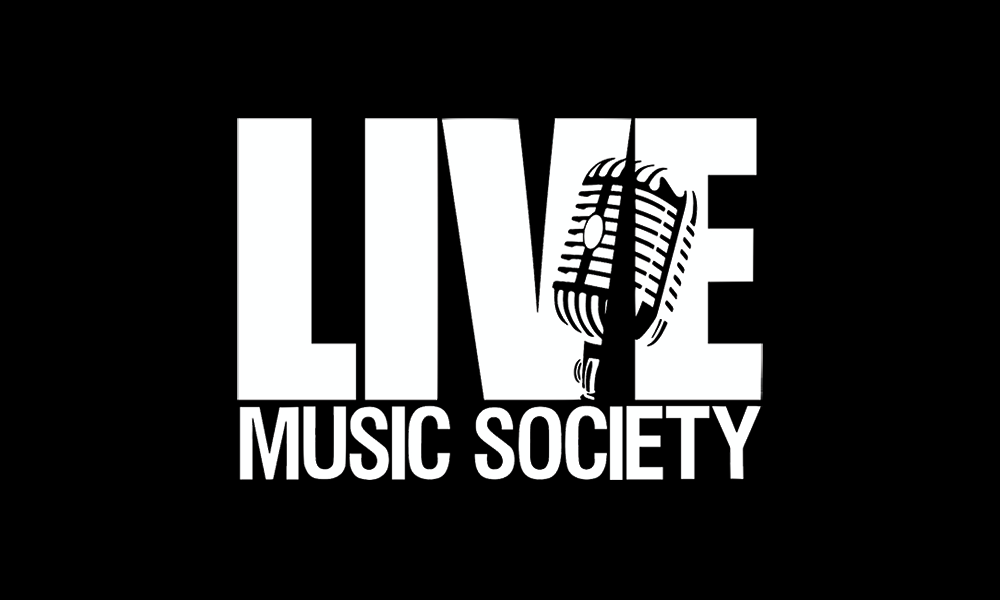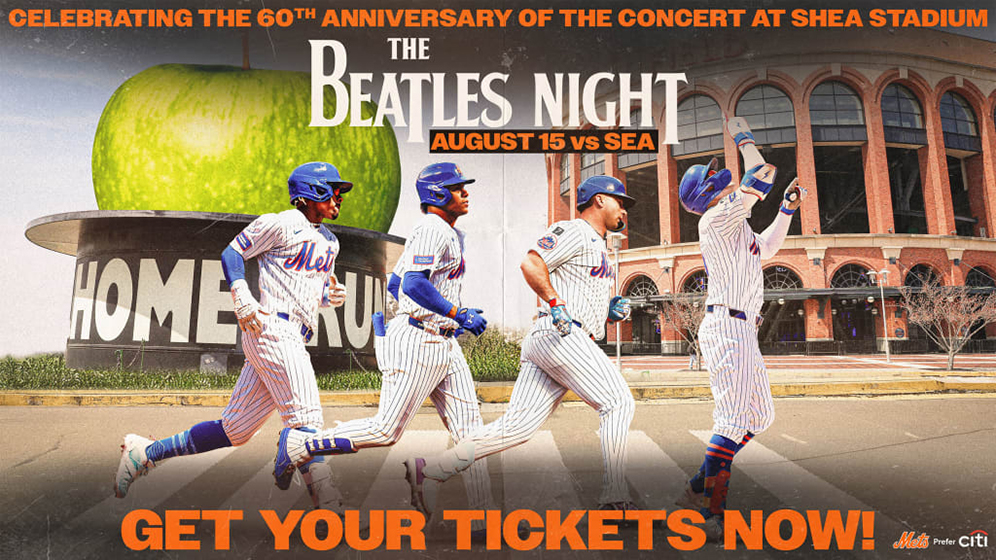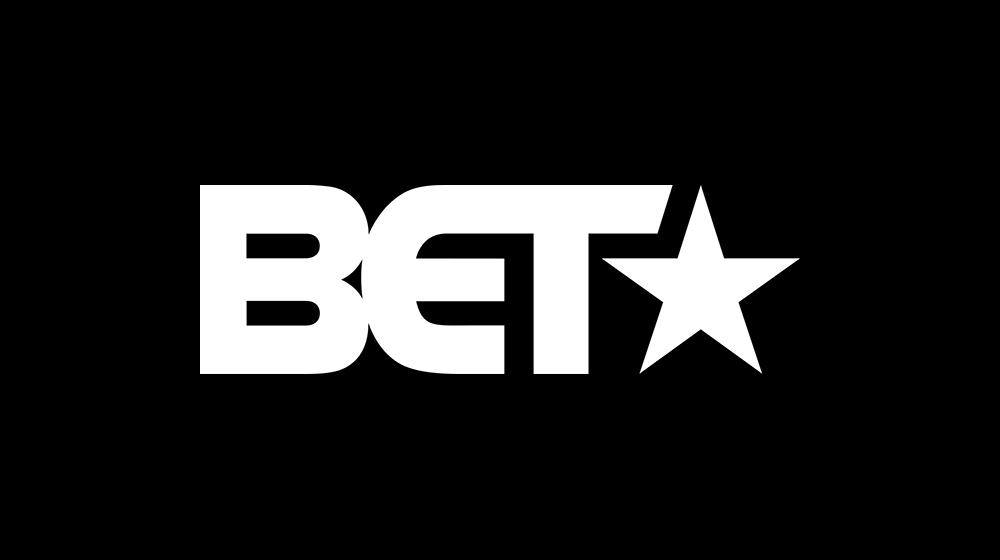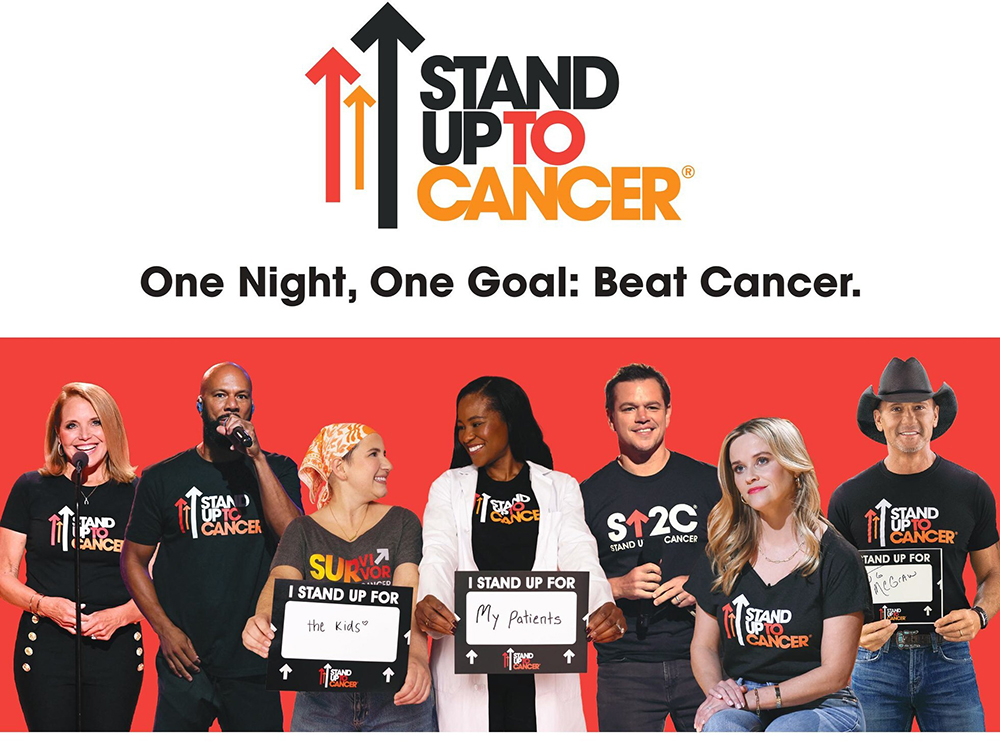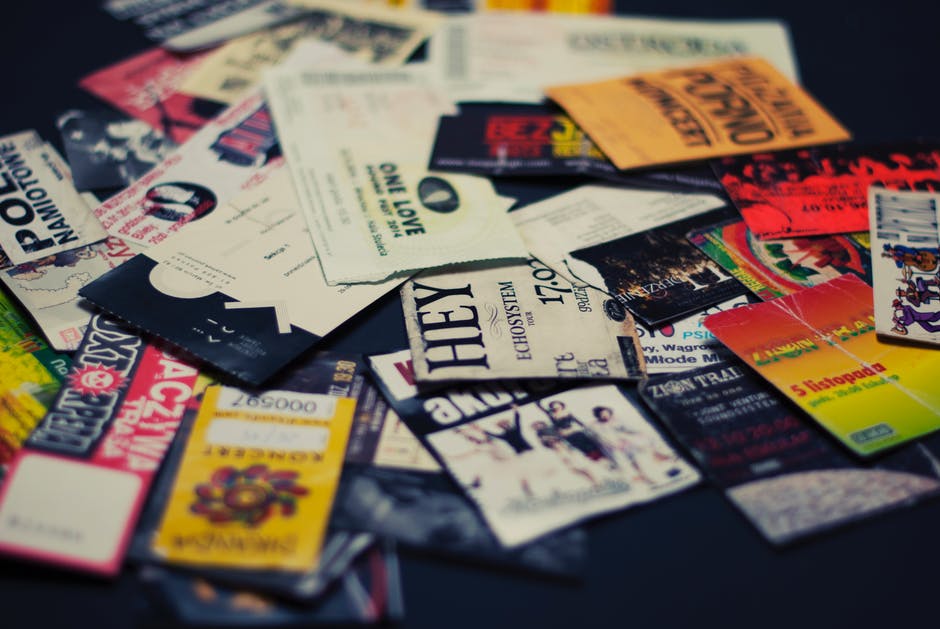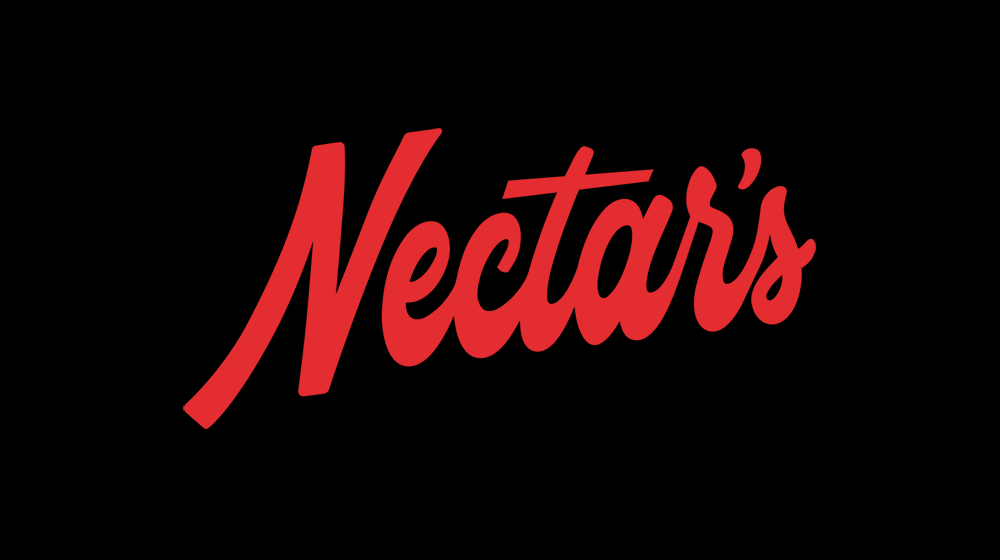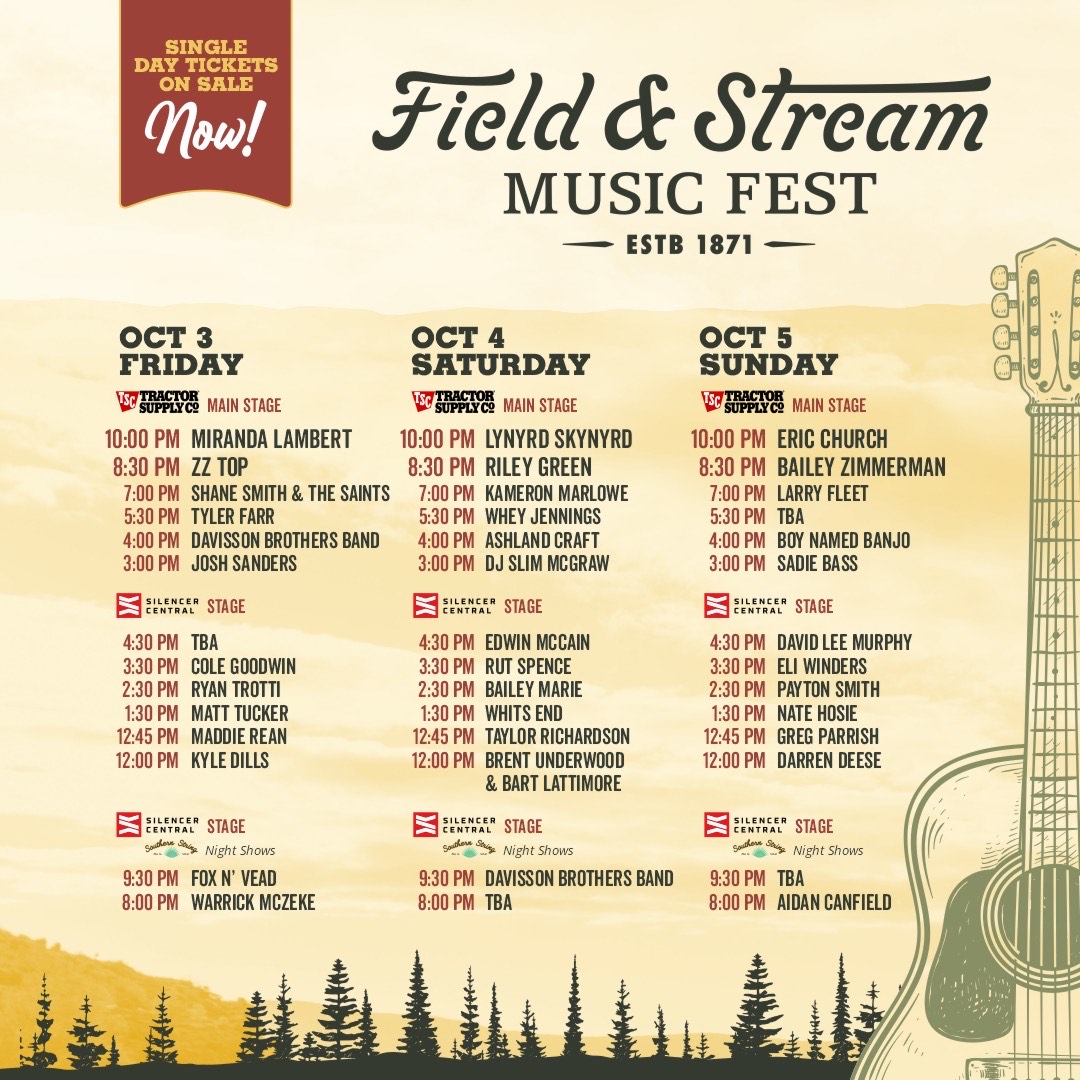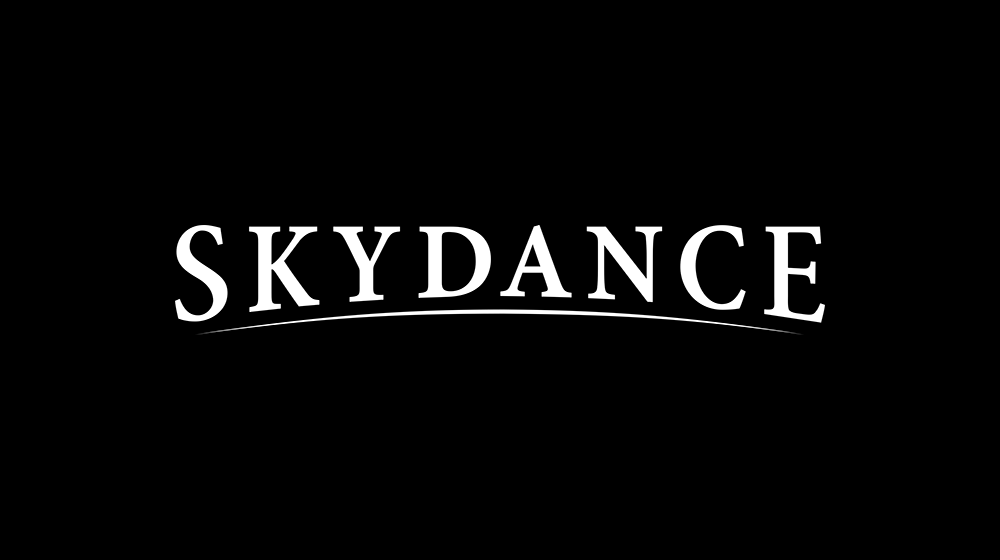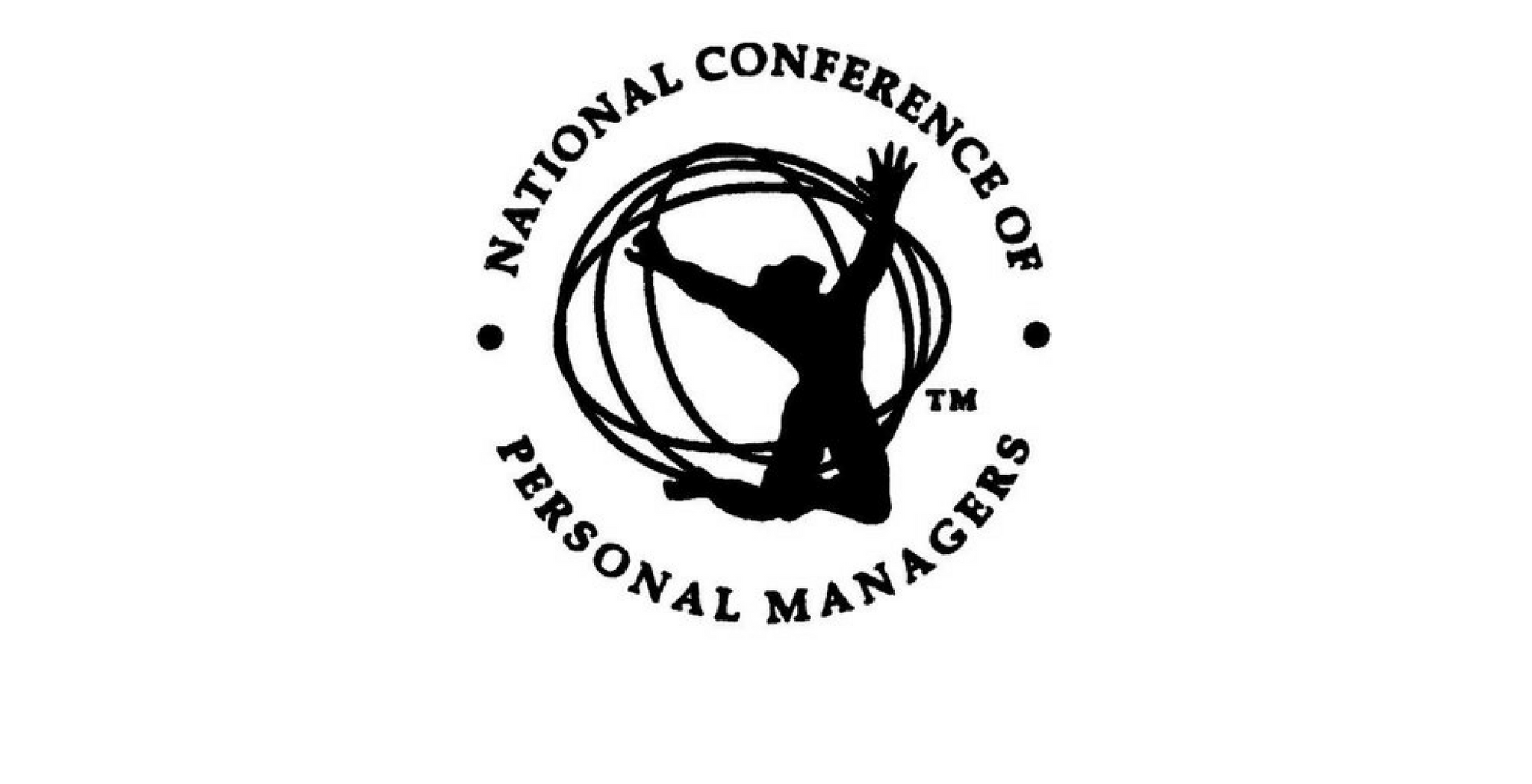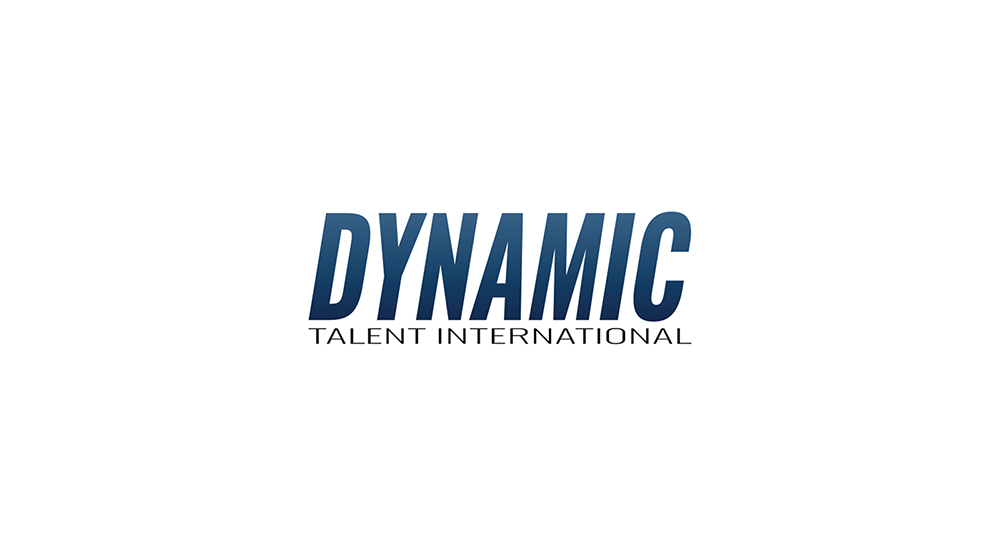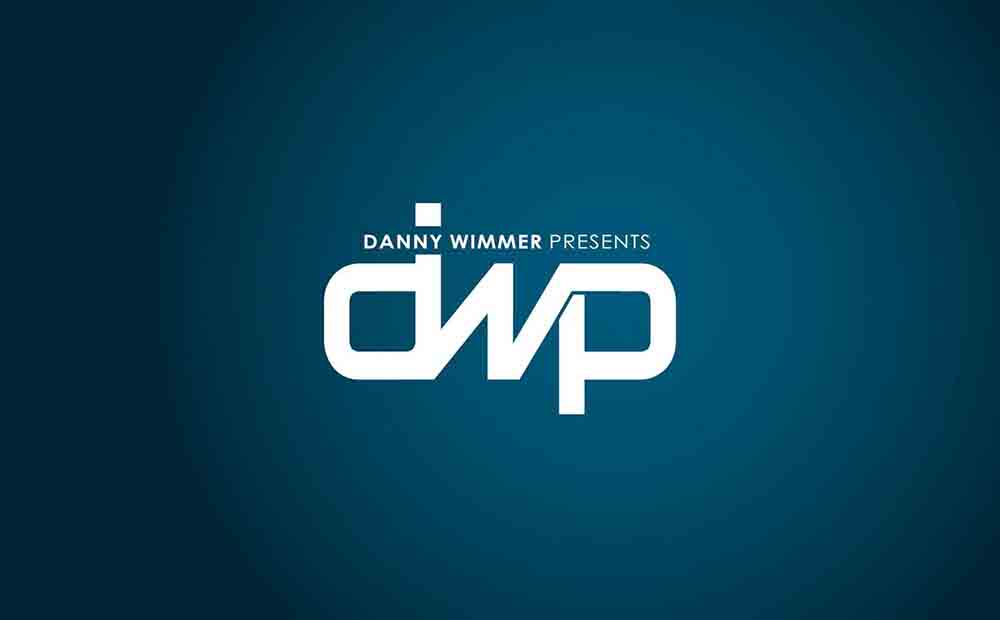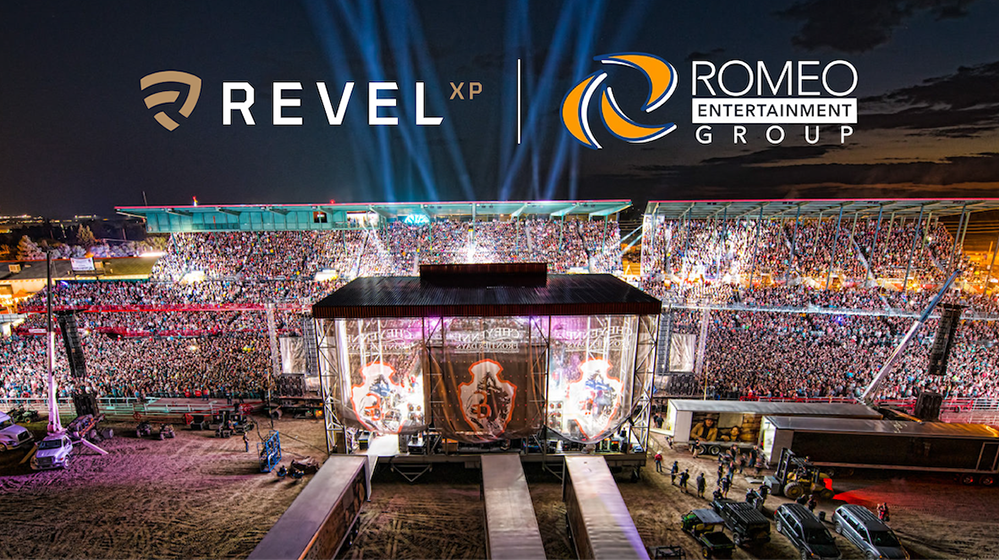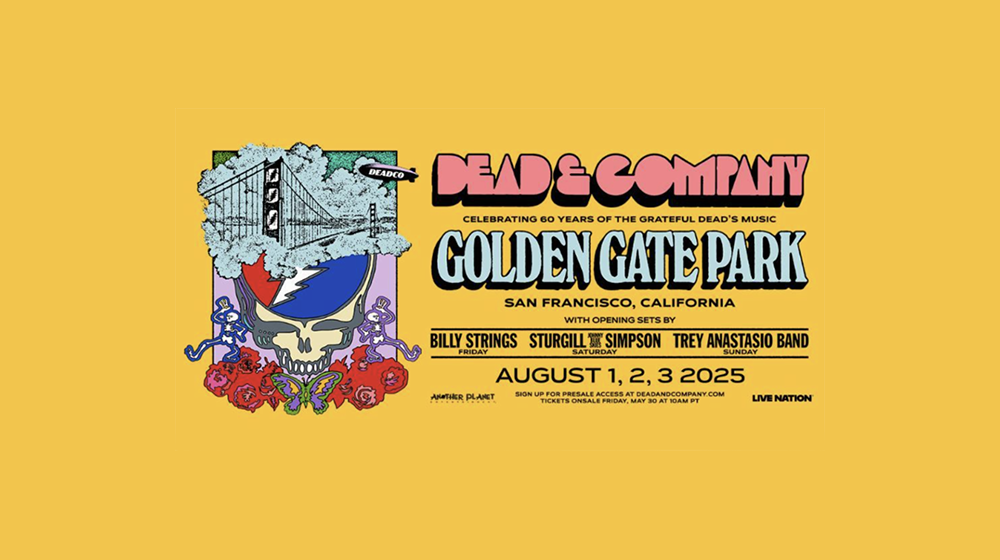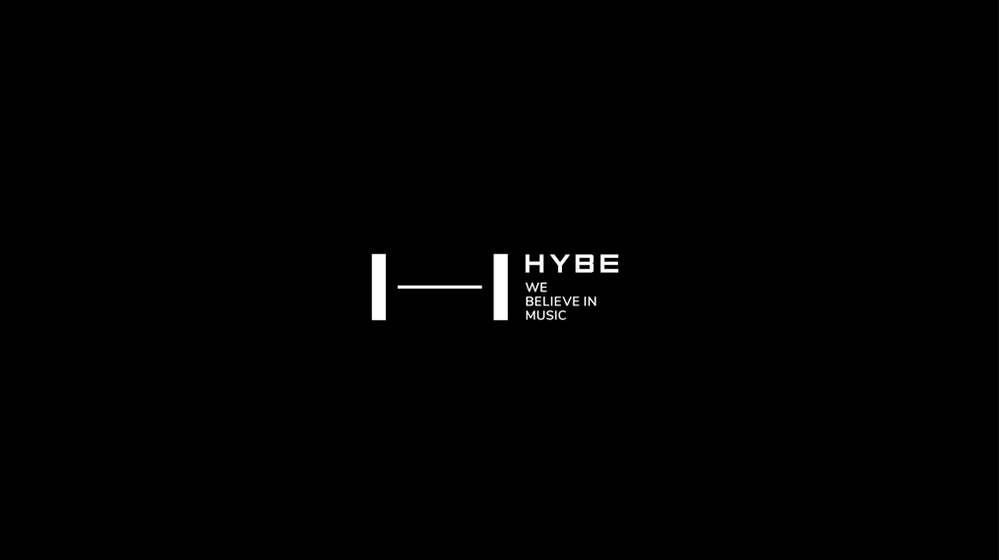(Hypebot) — Since streaming’s inception, artists and songwriters have frequently been left in the dark when it comes to why and how their royalties and payouts are calculated. In what appears to be an effort at increasing streaming transparency, Spotify is launching a new ‘Loud & Clear’ initiative.
Guest post by Randi Zimmerman of the Symphonic Blog
Within the industry, the economics of artist streaming and payouts are talked about every day. Externally, however, artists and songwriters have been left in the dark for years. To ensure this information is more transparent moving forward, Spotify has launched a “Loud & Clear” initiative. Here’s everything you need to know about it…
In an interview with Pitchfork, Charlie Hellman, the vice president and head of marketplace at Spotify, comments: “For all the time I’ve been at Spotify, artist payouts and royalties have been an everyday topic—but I think externally, we haven’t said as much as we ought to to contribute more to the conversation…”
He continues, “That’s really what we’re trying to do here: Share a bit more and acknowledge that artists really deserve more clarity around how this music streaming economy is working.”
On the site, Loud & Clear offers several resources to help prove this point, including a video called “Loud & Clear: How the Money Flows”, a section with several graphs detailing how many artists are meeting different revenue thresholds on Spotify, and more…
In additon, they provide a question and answer section with responses to things like:
- “How do songwriters get paid?”
- “How is streamshare calculated?”
- “Is streaming only helping music’s biggest stars?”
- “Is it true that Spotify pays a fraction of a penny per stream?”
- “If an artist has millions of streams, why don’t they earn more?”
Along with these questions, there’s more. When asked, “How is Spotify measuring payouts on this site? Why doesn’t this focus on what artists actually take home?”, they responded with this statement:
“We would love to report on the money that artists take home as a result of their Spotify performance — but we do not have insight into each individual artist’s and songwriter’s agreements with their chosen rights holders. We can only report the data that’s available to us, which is the amount of money that has left Spotify.
So the data on this site centers around the royalties generated — for both recording and publishing — that Spotify pays out to music rights holders. We look at each performing artist on Spotify and are reporting how much was paid to their rights holders across their full catalog for each calendar year.
Spotify doesn’t pay artists directly — we pay rights holders selected by the artist, whether it’s a major label, independent label, aggregator, distributor, or otherwise.”
But is that enough?
Not necessarily.
Former Galaxie 500 member, Damon Krukowski, who is a co-founder of the Union of Musicians and Allied Workers, tweeted that the Loud & Clear actually doesn’t answer any of their questions. He writes, “We have 3 demands for #JusticeAtSpotify. One is transparency: this website answers none of our questions about the sources of Spotify’s income in addition to subscriptions and ads; payola for playlist/algorithmic preference; or the terms of their contracts with the major labels.”
As time goes on, we hope that this initiative serves as a much needed space for those looking for clarity on the economy of streaming. However, for that to be the case, Spotify needs to double down on the specifics. While the Union of Musicians and Allied Workers remain unsatisfied by Spotify’s efforts, Loud & Clear has offered a section at the bottom of the site for users to submit addition questions and concerns for review.

